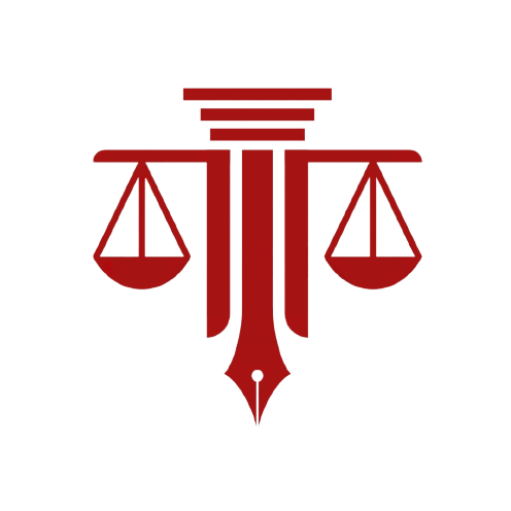Corporate governance forms the backbone of any successful organization. At its core are the directors and officers who bear the responsibility of steering the company towards its goals while upholding ethical standards and ensuring compliance. In this blog, we will explore the essential aspects of corporate governance, shed light on the roles and responsibilities of directors and officers, and discuss the importance of effective leadership in achieving long-term success.
The Basics of Corporate Governance:
To begin our exploration, we’ll define corporate governance and explain its significance in establishing a transparent and accountable framework within an organization. We’ll highlight the key elements of effective corporate governance and how it impacts stakeholders, shareholders, and the overall business environment.
Directors: The Guardians of Corporate Strategy:
This section will delve into the pivotal role of directors in corporate governance. We’ll discuss their legal obligations, fiduciary duties, and the importance of independent and diverse board composition. Furthermore, we’ll explore the responsibilities of directors in setting strategic direction, overseeing management, and ensuring the company’s long-term sustainability.
Officers: Executing the Vision:
Here, we’ll focus on the officers of a company, including the CEO, CFO, and other top executives. We’ll examine their specific responsibilities in executing the strategic vision set by the board of directors. Topics such as risk management, financial stewardship, and effective decision-making will be explored, emphasizing the critical role officers play in driving organizational success.
Board Committees: Enhancing Governance Effectiveness:
Many corporate boards establish committees to enhance governance effectiveness in key areas such as audit, compensation, and nominating/governance. We’ll discuss the purpose and functions of these committees and how they contribute to the overall governance framework.
Compliance and Ethics: Upholding Legal and Ethical Standards:
This section will shed light on the importance of compliance and ethics in corporate governance. We’ll delve into the legal and regulatory obligations that directors and officers must adhere to, as well as the ethical considerations that guide their decision-making. We’ll explore best practices for establishing a culture of integrity and accountability within the organization.
Evolving Trends in Corporate Governance:
To wrap up, we’ll examine current and emerging trends in corporate governance. We’ll discuss topics such as shareholder activism, stakeholder engagement, sustainability, and the increasing focus on environmental, social, and governance (ESG) factors. By exploring these trends, readers will gain insight into the future direction of corporate governance.
Conclusion:
Navigating corporate governance requires a deep understanding of the roles and responsibilities of directors and officers. By appreciating the importance of effective leadership, compliance, and ethical conduct, organizations can foster a culture of trust, transparency, and long-term success. Directors and officers must embrace their duties and embrace the evolving trends to drive their organizations forward in an ever-changing business landscape.

Hi, this is a comment.
To get started with moderating, editing, and deleting comments, please visit the Comments screen in the dashboard.
Commenter avatars come from Gravatar.